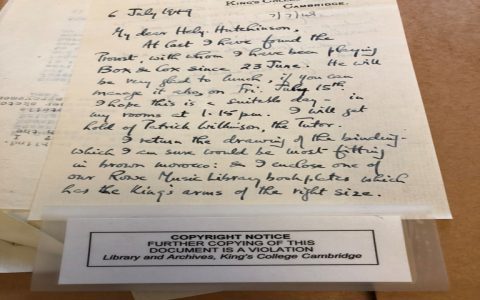Understanding the Papyrus Problem in Civilization VII
The "Papyrus Problem" in the context of Civilization VII typically refers to a mathematical riddle. The core of this puzzle involves calculating a sum based on a scenario where items multiply at successive stages.
The Nature of the Question
A common phrasing of the problem might be similar to: "Each grain would have produced seven gallons of cereal. What is the sum of the enumerated things?" The challenge lies in correctly identifying all the elements that contribute to this total sum, often involving a geometric progression.

Commonly Encountered Answers
Two answers frequently arise from this type of problem, stemming from different interpretations of the calculation required:
- 16807: This figure usually represents the value of the last term in a sequence where an initial quantity is multiplied by a factor (e.g., seven) over several stages. For instance, if there are five such stages, this would be 75.
- 19607: This figure represents the sum of all terms in the geometric series. Using the example of five stages with a multiplier of seven, this would be the sum of 71 + 72 + 73 + 74 + 75.
The Correct Solution
When the problem asks for the "sum of the enumerated things," the correct solution is 19607. This is because the question requires the total of all items across all stages of the described scenario, not just the quantity at the final stage.










